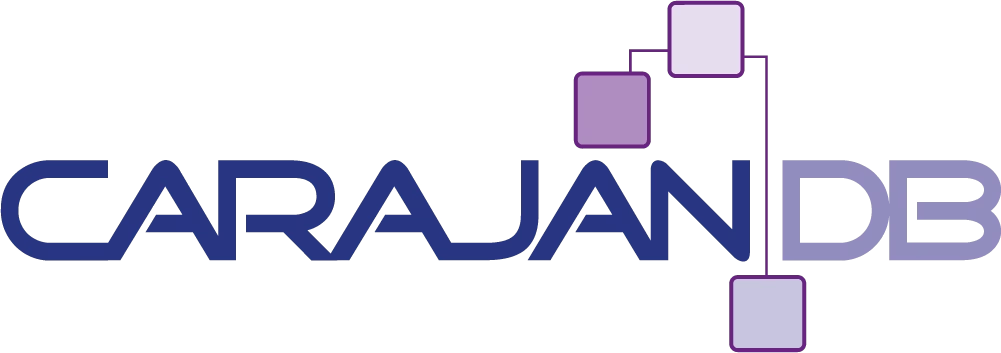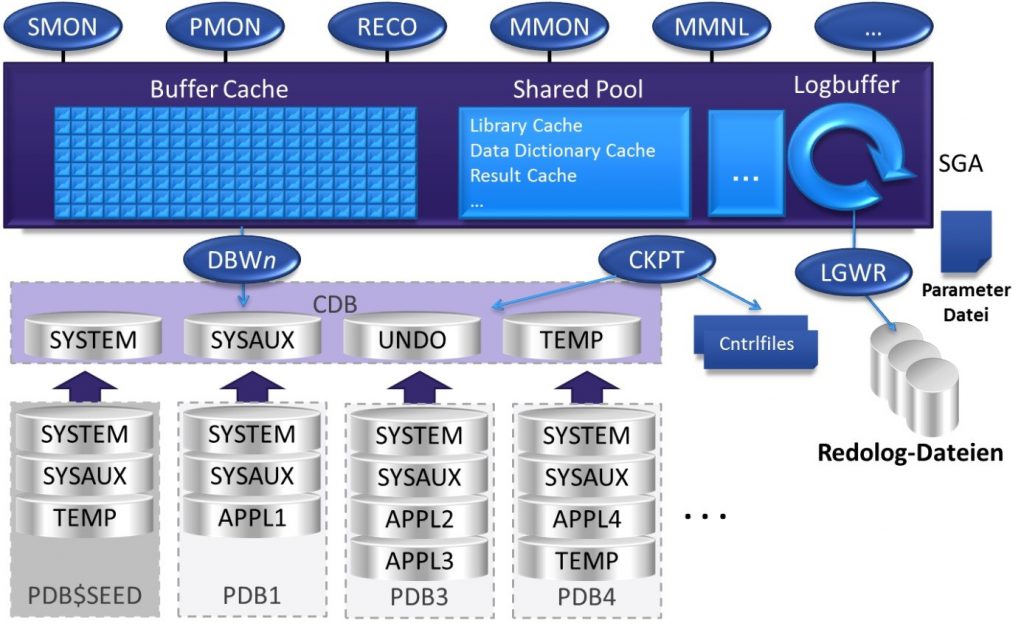PASSWORD_REUSE_TIME and PASSWORD_REUSE_MAX
Confusion about Oracle Profile Parameters I spend a lot of time with the right configuration of profiles and certainly I consulted the oracle documentation for that. Because not all of the parameters are self-explaining. PASSWORD_REUSE_TIME and PASSWORD_REUSE_MAX are such candidates, maybe you can guess what they mean by yourself but in the end you need the documentation to understand their real behaviour. So I did. After a few minutes I choose an appropriate strategy for my case by the help of the Oracle Documentation. But when I started to configure these parameters over OEM I got an inconsistent error message.
PASSWORD_REUSE_TIME and PASSWORD_REUSE_MAX Blogbeitrag lesen »




